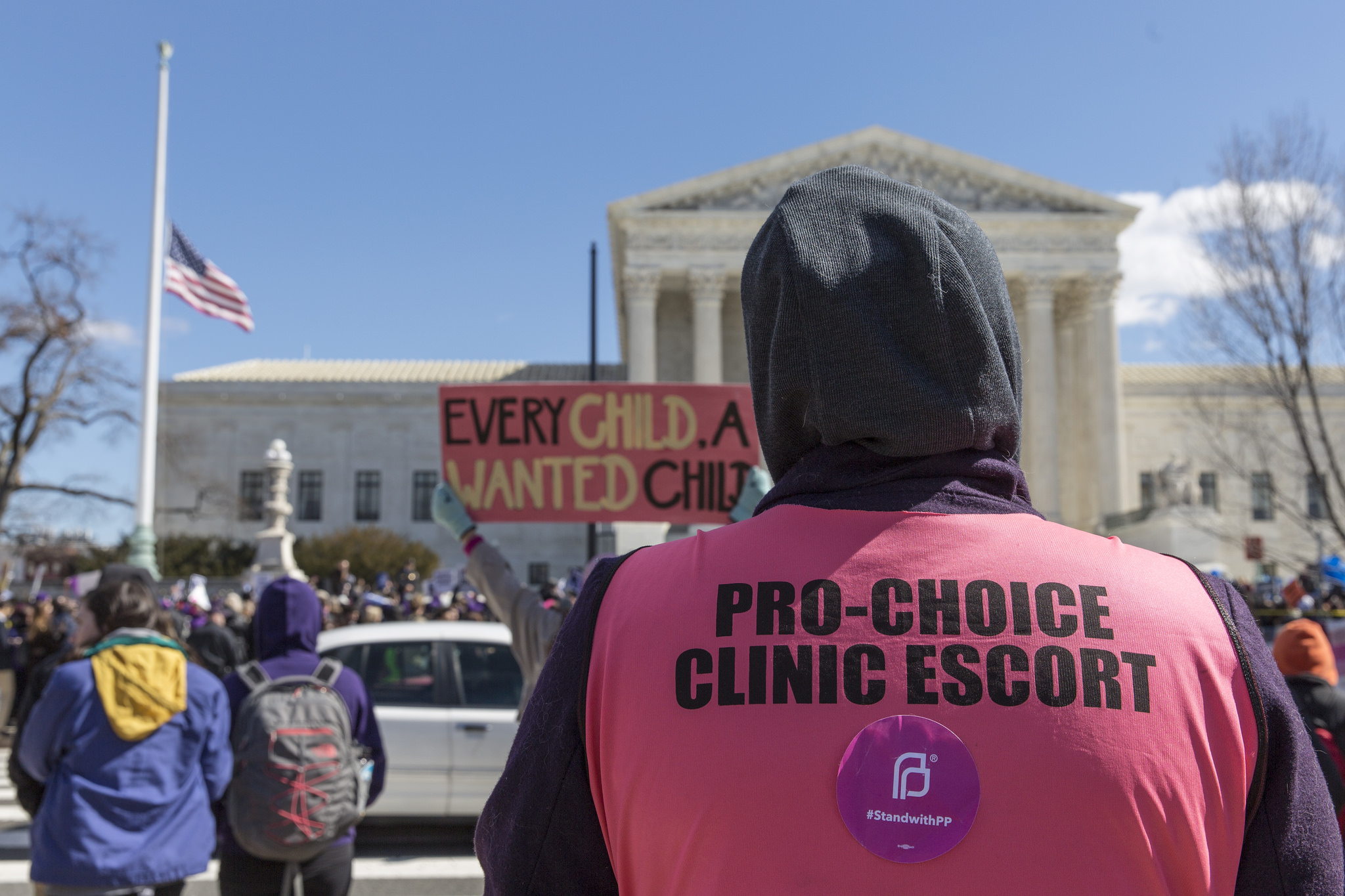As a second Trump administration approaches, we’re running out of time to confirm as many federal judges as possible to provide a check on his presidential power and curb his stated policy priorities.
Sex Stereotyping Discrimination against LGBTQ Workers is Barred by Federal Law—Says NWLC’s Amicus Brief to the Supreme Court
(Washington, D.C.) The National Women’s Law Center (NWLC), along with law firm Cohen & Gresser LLP, submitted an amicus brief to the Supreme Court today in support of three employees who were fired from their jobs for not conforming to sex stereotypes. An additional 36 women’s rights organizations have also joined the brief. The case before the Court asks whether the federal law prohibiting sex discrimination in the workplace—Title VII—excludes LGBTQ workers from these protections.
Gerald Bostock and Donald Zarda were both fired because they were gay and did not conform to the stereotype that men only have female partners. Aimee Stephens, a transgender woman, was fired after telling her employer that she intended to live openly as a woman. The employers here incorrectly argue that Title VII only applies to being male or female—as assigned at birth—and excludes sex discrimination when it is tied to sexual orientation or gender identity. Using this flawed logic, LGBTQ employees who do not conform to sex stereotypes would not be protected from discrimination, but non-LGBTQ employees who do not conform would still be protected.
The Supreme Court has long held that workplace discrimination based on sex stereotyping is sex discrimination. And courts have historically recognized that sex stereotyping includes discrimination based on beliefs about how women or men should speak, dress, act, and behave at work, and about their personal and family lives.
The following is a statement by Fatima Goss Graves, President and CEO of the National Women’s Law Center (NWLC):
“In 2019, everyone should be free to earn a living, be themselves, and love who they want without fear of losing their job due to sex discrimination that’s tied to sexual orientation and gender identity. We are confident the Supreme Court will uphold decades of precedent and rule that Title VII broadly provides protections against sex stereotyping discrimination—including for LGBTQ employees. Anything less will roll-back civil rights for LGBTQ employees and diminish protections for everyone who faces sex discrimination in the workplace.”
###
For immediate release: July 3, 2019
Contact: Inés Rénique, [email protected]




